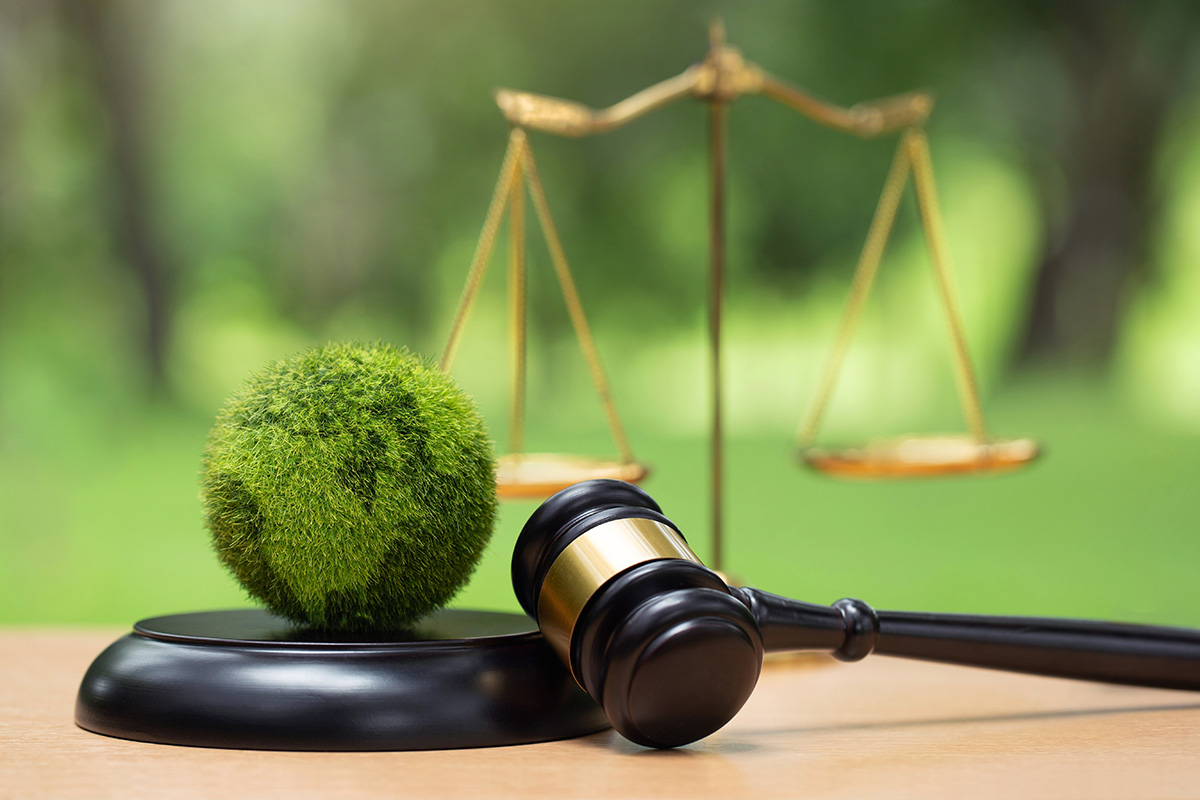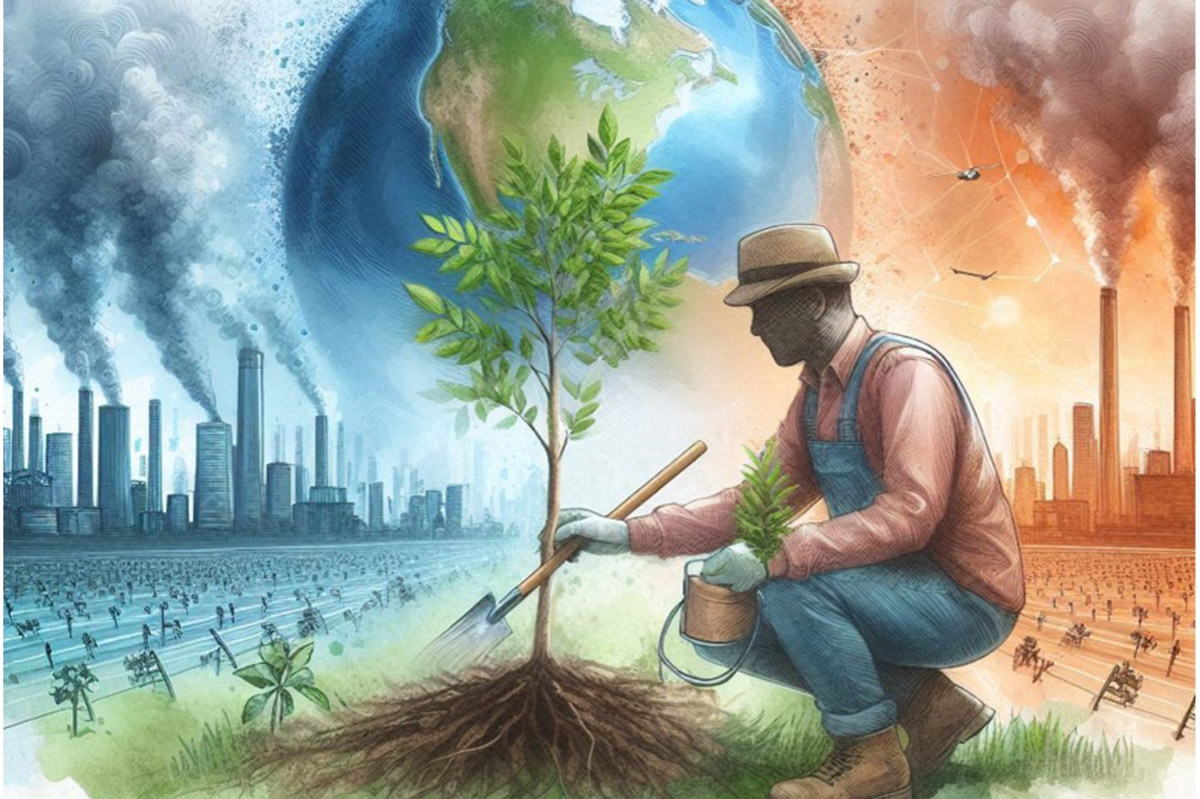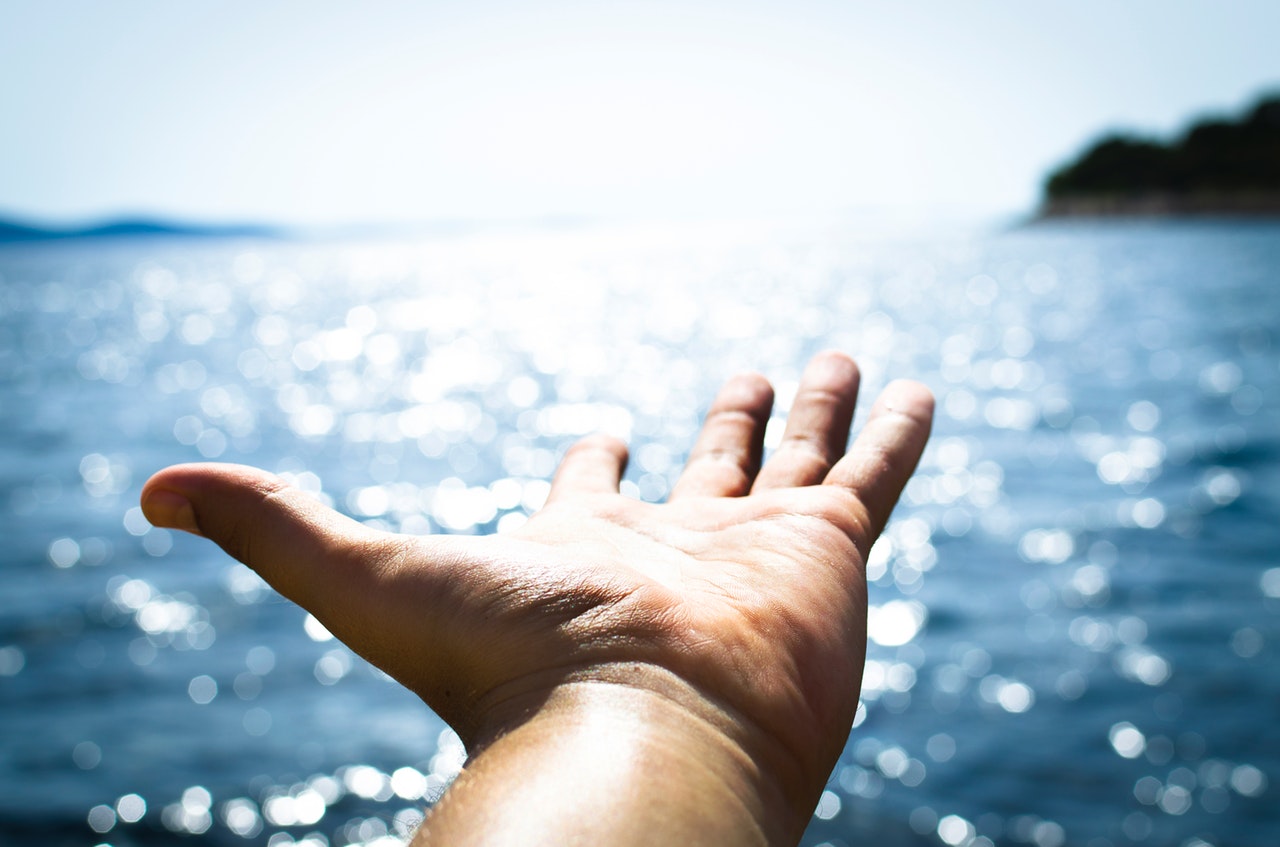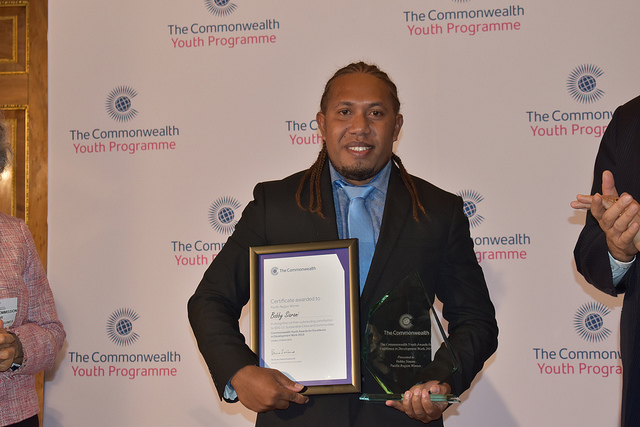Public distrust of experts coupled with the anti-intellectual bias of Trump’s leadership in the USA poses a challenge for science, writes Andrew Larkins, 27, a Correspondent from Australia. Scientists and non-profits are pushing back against the trend. More than 20 years ago, Funtowicz and Ravetz wrote that “Science always evolves, responding to its leading challenges …
Tag: Environment
Pressing Need for International Court of Environment
November 3by Sahdev The extensive environmental changes caused by human activities have led experts to believe …
Pressing Need for International Court of Environment Read More »
Read moreSolomon Islands youth wins Commonwealth award for bio-gas project
April 6Communities around the world are facing waste management challenges that require innovative long-ter …
Solomon Islands youth wins Commonwealth award for bio-gas project Read More »
Read morePakistan has many attributes, writes Zainab Shamim Potrick, 24, a Commonwealth Correspondent from Karachi in Pakistan, among them its natural beauty. She takes readers on a brief tour of some of the highlights. Welcome to the most powerful Islamic country. Welcome to one of the world’s seven atomic powers. Welcome to the land surrounded by rivers …
An initiative to protect and promote forests is a welcome move, writes Oghenechovwen Oghenekevwe, 18, a Commonwealth Correspondent from Warri in Nigeria, but is being threatened by some countries’ failure to sign on – and by a push for competing development. Professor Wangari Muta Maathai was a Kenyan and African heroine. From the 70s till …
Elections are a crucial part of a healthy democracy, but Angelique Pouponneau, 27, a Commonwealth Correspondent from the Seychelles, raises the issue of how we should consider the environment during an election campaign. The pinnacle of a democratic country is a constitution that makes provision for people to decide the direction of their country through …
The Lake Chad basin, a crucial source of livelihood for over 20 million people, faces a humanitarian and environmental crisis, write Usman Muhammad, 30, a Correspondent from Nigeria now studying in the UK. Lake Chad is shrinking as a result of climate change that directly or indirectly gave birth to the current conflict affecting countries …
The ferocity of September’s hurricanes points to a trend of storms that quickly grow to devastating hurricanes, writes Ariana Joseph, 17, a Commonwealth Correspondent from Antigua and Barbuda now studying in Canada. She argues the impact of climate change can no longer be denied. We knew Irma was a monster days before she started to …
“Atlantic hurricane season brings reality check” Read More »
Climate change is a fast growing threat to human health. Nancy Saili, 25, a Correspondent from Solwezi in Zambia, argues that as global temperatures rise, the impact will be on mental as well as physical health. Climate change brings serious health risks through injury, death, ill-health, and mobility impacts, especially in developing countries where most economies …
Metolo Foyet, 20, a Correspondent from Cameroon now living in Niger, is interested in the link between states and mining companies in Africa. She has questions about the social responsibility of mining companies and incentives to use renewable or fossil energy. I was talking art with a friend, Ahamadou Maiga, legal advisor at the African Legal …
“African states and responsible mining policies” Read More »
Urbanisation is often cited as a parameter of how well-developed a city is, writes Monica Islam, 26, a Commonwealth Correspondent from Dhaka in Bangladesh. But urban growth can mean new problems and the need to find creative solutions. Urban planning and regeneration are increasingly being sought as solutions to haphazard urban growth. Urban planning has …
Mid-century notions of robots and technology were amusing, writes Ratika Singh, 25, a Correspondent from Bhopal in India, but the evolution of artificial intelligence must consider human and natural priorities. A world of robots and advanced technical machines, also known as artificial intelligence, accompanying human beings was good when it was limited to cartoons and …



